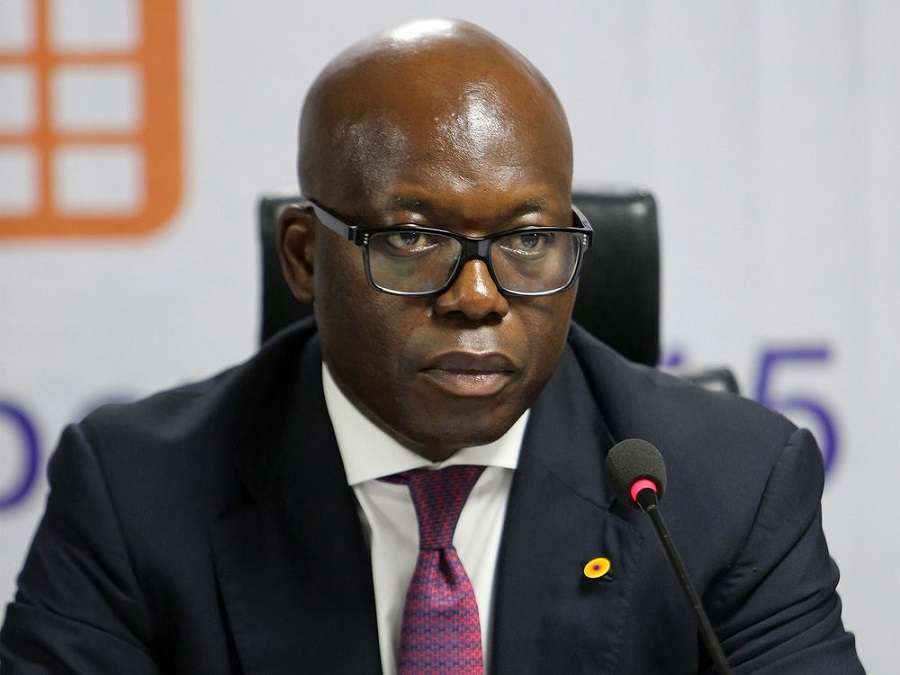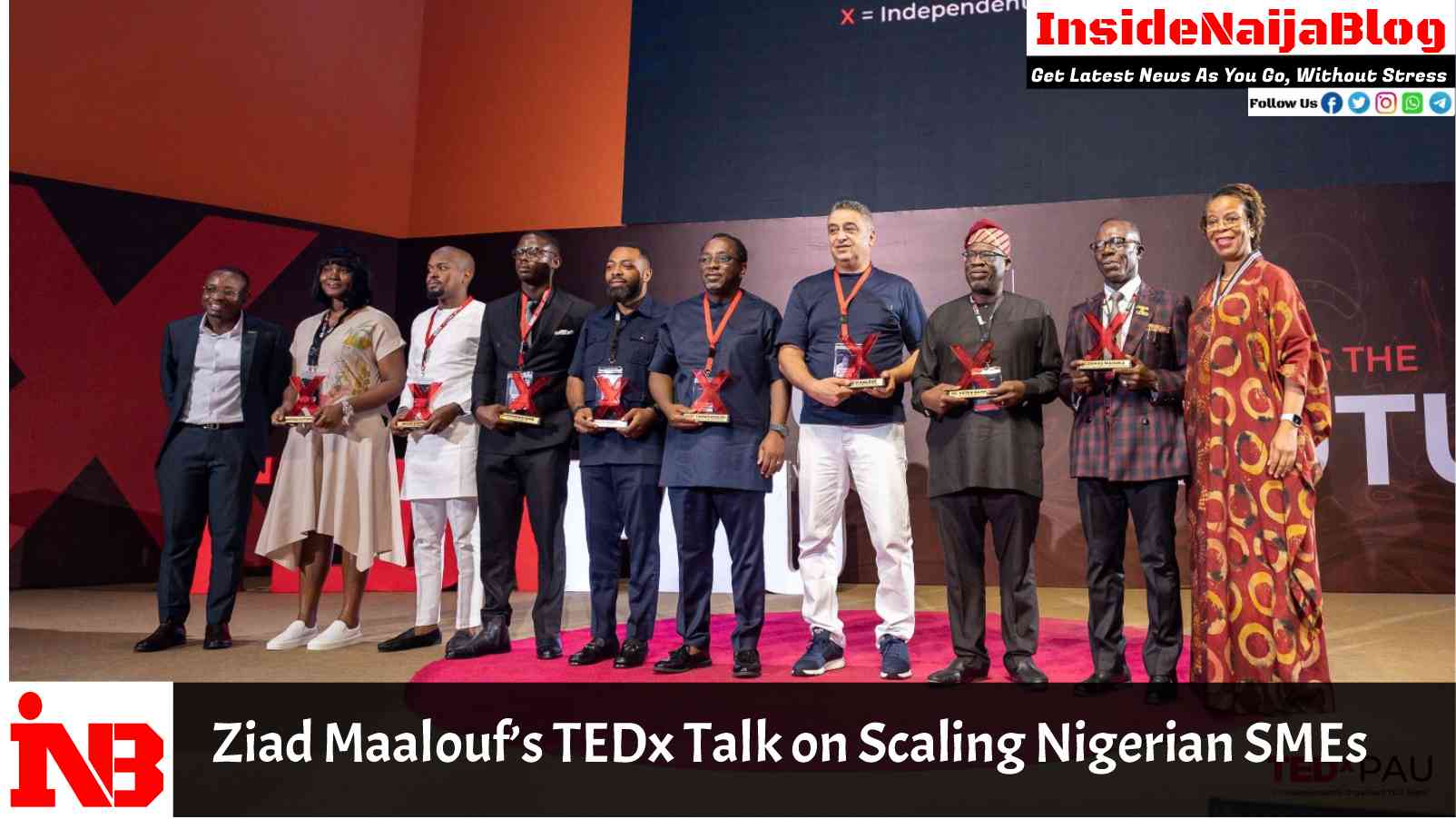Adewale Tinubu, the Group Chief Executive of Oando Plc, has underscored the immense opportunities for indigenous energy companies in Nigeria to capitalize on divested assets by International Oil Companies (IOCs). At the World Economic Forum (WEF) in Davos, Switzerland, Tinubu outlined Oando’s strategy to utilize artificial intelligence and other advanced technologies in its drilling campaigns to optimize costs and enhance decision-making processes in the exploration of over 1 billion barrels of oil reserves.
Speaking at the prestigious event, which brought together world leaders, top executives, and leaders of international organizations, Tinubu discussed the growing role of indigenous players in the Nigerian energy sector. Oando, one of the first indigenous companies to successfully acquire an IOCs’ onshore assets (AGIP), sees this transition as an opportunity to unlock untapped potential in Nigeria’s vast energy resources.
Leveraging Advanced Technology for Enhanced Oil Exploration
Tinubu explained that Oando intends to employ cutting-edge technologies, including artificial intelligence, to improve its next drilling campaigns. The company’s current oil reserves are estimated at over a billion barrels, and its oil processing capacity stands at 300,000 barrels per day, with an additional 2 billion cubic feet per day of gas capacity. He emphasized that the net present value of Oando’s assets exceeds $10 billion.
With these vast resources at its disposal, Tinubu believes that combining Oando’s strong capital base with advanced technology and local expertise will position indigenous companies to lead the charge in Nigeria’s oil sector. The indigenous firms’ growing control over Nigeria’s onshore oil assets is seen as a key driver of future growth in the industry.
Key Role of Government and Regulators
Tinubu also called on governments and regulators to play an active role in maximizing the potential of Nigeria’s oil and gas reserves. He emphasized that the government’s policies and support in areas like critical financing and partnerships will be essential for accelerating the extraction process, improving the balance of trade, and attracting greater foreign investment into the country.
He added, “We need to increase our exports significantly to improve our balance of trade and strengthen the Naira,” noting that the oil and gas industry is the fastest path to achieving this, given the country’s substantial reserves and existing infrastructure.
Decarbonization and the Just Energy Transition
In light of global discussions on climate change and decarbonization, Tinubu reaffirmed Oando’s commitment to a just energy transition. He pointed out that Africa contributes only a small fraction to global emissions despite being home to 20% of the world’s population. While advocating for a balanced approach to energy transition, he emphasized Oando’s efforts to reduce its carbon footprint, stating, “We are actively working hard to ensure that every molecule of carbon we put into the environment is mitigated through the implementation of effective carbon capture techniques.”
Tinubu’s comments at the WEF underline Oando’s role as a leader in Nigeria’s oil sector and the company’s focus on driving growth while addressing the evolving demands of global energy markets and environmental sustainability.




